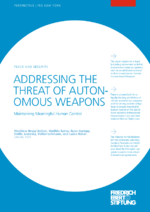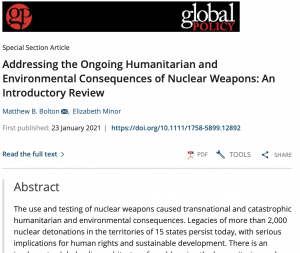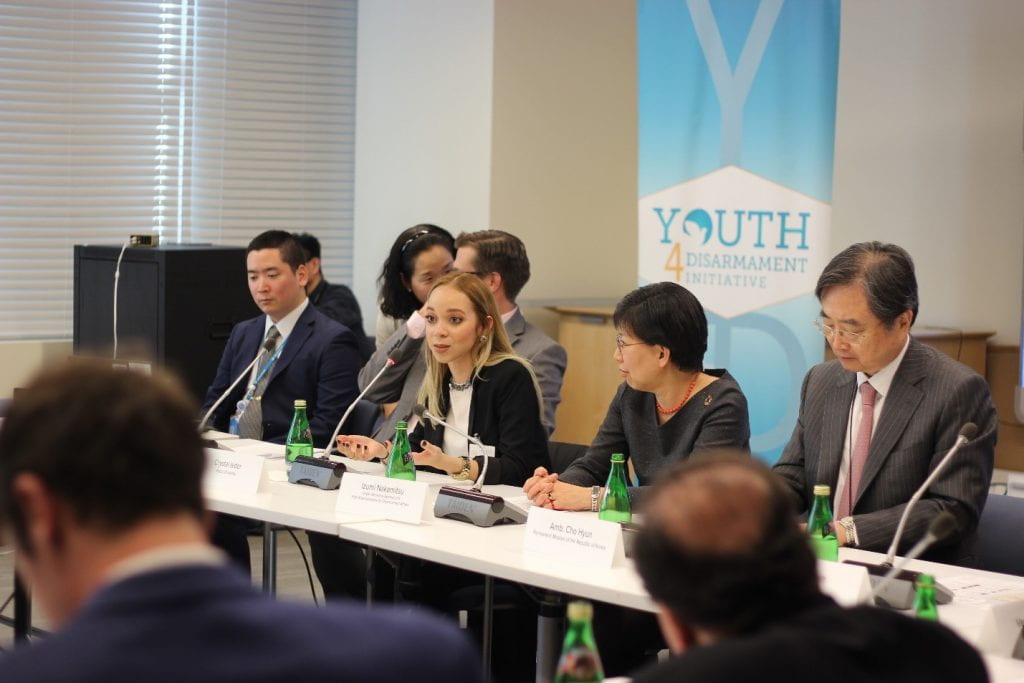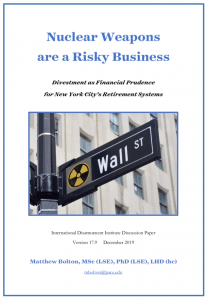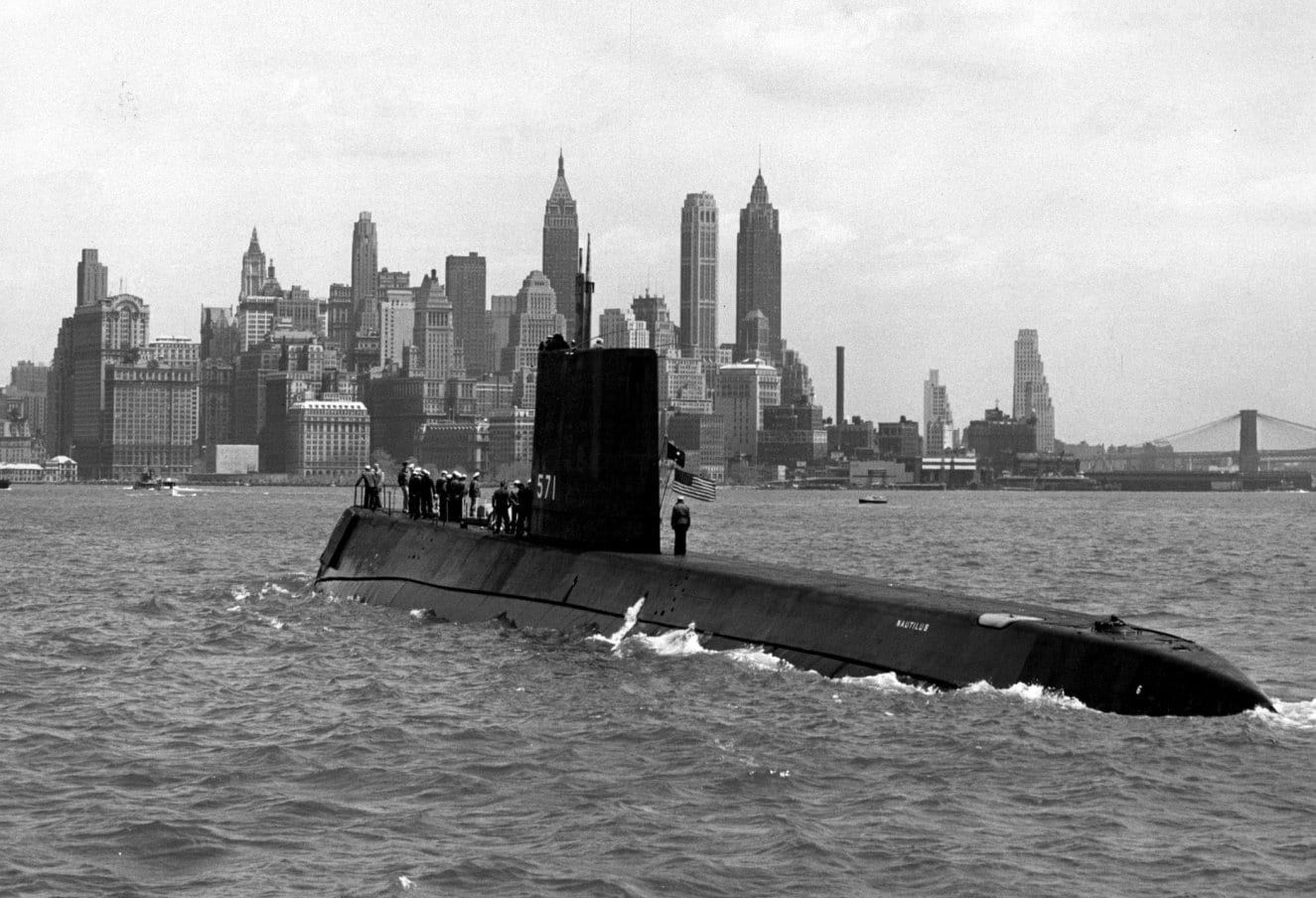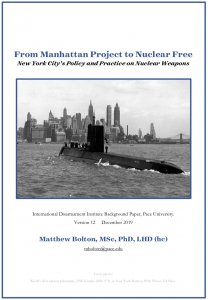by Emily Welty, Director and Associate Professor of Peace and Justice Studies, Pace University New York City
- Your attention is a form of currency. When you choose to read or take in information from one source and not another, you are boosting this information source with your views. This means it is more important than ever to think about who is delivering narratives that are careful, nuanced and complex.
- Take a long view. If you already find yourself spending periods of time taking in lots of tiny pieces of information, consider how using that time to understand the historical roots of this conflict is actually much more productive. I will provide a list of resources at the bottom but consider how even though it feels like you are informed to keep checking Twitter, your news feed and TikTok, this is not actually providing you with deeper understanding.
- Beware of false flags and misinformation. Unless you are both linguistically and culturally fluent in the conflict, you are very unlikely to be able to distinguish good information from bad. Everyone believes that they are not susceptible to misinformation. Assume that you are and turn to information that has been carefully sourced. It is very appealing to watch the short reports of citizens who are livestreaming from their homes – and sometimes this might be a responsible way to know what is happening. But think carefully about what your intentions are when you take this in – is this helping you to engage? Is it deepening trauma? Keep thinking about how we balance the responsibility to witness with the need to not traumatize our own nervous systems.
- Amplify people who are calling for peace – especially if they are in some of the most difficult contexts in which to do so. Follow carefully the nonviolent protests that are occurring and how they are being policed. Keep asking how protestors are being treated and if you need to publicly weigh in on the conflict, highlight their bravery and determination.
- Avoid simplistic narratives. Think about how to analyze a conflict beyond who is right and who is wrong. What do these actors want? What are their interests? What are the connectors between these societies? How are resources involved? Be skeptical of sources that link a conflict to any one singular cause. If a report claims that a conflict is “all about oil/NATO/something else” be skeptical about the complexity of this reporting. Avoid narratives that present conflict with clearly defined good people and bad people.
- Language matters! Using ableist language like “crazy”, “madman”, “lunatic”, “insane”, etc. is not helpful and usually does not accurately describe the way that humans are making decisions. Comparing people to animals or using language like “savage” is rooted in historical dehumanizing language that is both colonial and racist.
- Take a break. What is happening right now will have an effect on your body and your mind if you take too much of it in at once. While it feels like we are doing something good by watching endless news, this has actual somatic impacts on our body and our nervous system which cannot always distinguish between what is happening to us and what we are watching. Go outside. Turn off your phone and chat with a friend. Look at the sky. We need people to stay engaged and care long-term which means that we also have to take breaks.
In the case of Ukraine specifically:
- Take the time to understand what sanctions mean. What kinds of sanctions are applied in conflict and how do they work?
- Think about refugee support. There are already refugees moving in this conflict – where are they going? What are their needs? Who is supporting them?
- Language matters! If you are signaling support for Ukrainians, use “Ukraine” not “the Ukraine” and “Kyiv” not “Kiev”. These preferred terms indicate the way Ukrainians define themselves rather than the way they have been defined by others.
- Think about how this conflict has been heightened and made much more dangerous and scary by the presence of nuclear weapons. Work on efforts to support the Treaty on the Prohibition of Nuclear Weapons and particularly the Cities Appeal to get every city in the world to commit to being nuclear-free. Look at how your own banks/institutions invest in nuclear weapons and demand divestment.

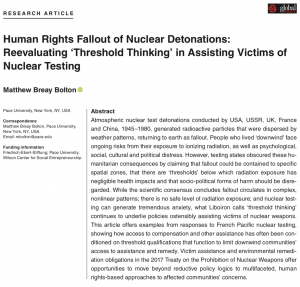 The peer-reviewed academic journal Global Policy will soon publish an
The peer-reviewed academic journal Global Policy will soon publish an 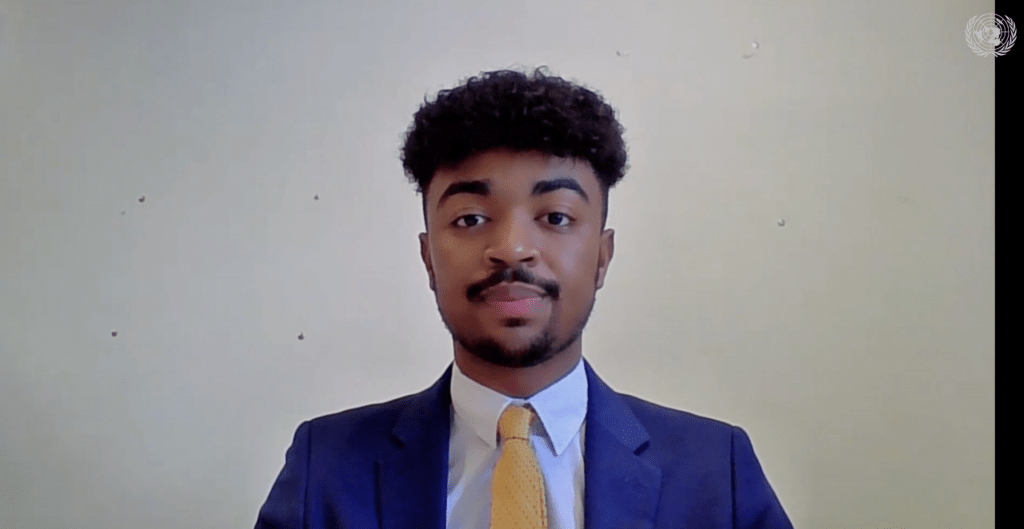
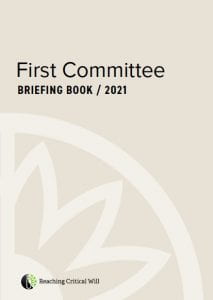 In 2019, the United Nations General Assembly unanimously adopted its first resolution “Youth, disarmament and non-proliferation,” calling for “meaningful and inclusive participation of young people in discussions … of disarmament and non- proliferation.” The General Assembly has also adopted a biennial resolution on “Disarmament and non-proliferation education” since 2000, including last year.
In 2019, the United Nations General Assembly unanimously adopted its first resolution “Youth, disarmament and non-proliferation,” calling for “meaningful and inclusive participation of young people in discussions … of disarmament and non- proliferation.” The General Assembly has also adopted a biennial resolution on “Disarmament and non-proliferation education” since 2000, including last year.